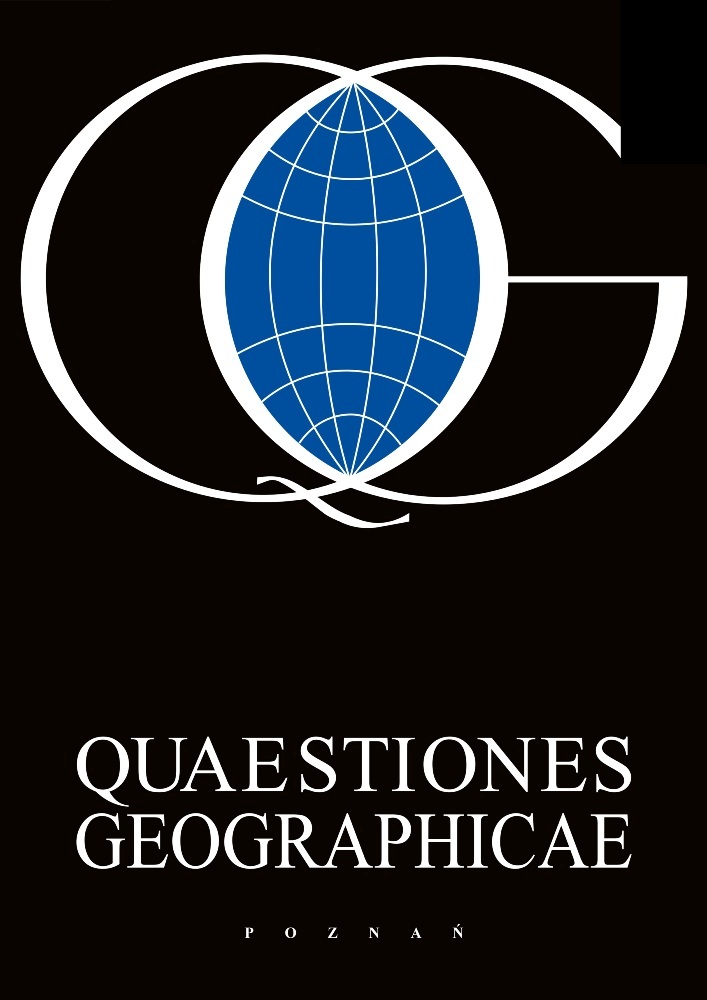Abstract
The industrial age has brought us much good: a higher quality of life which is reflected in better healthcare and education, a longer life expectancy etc. But besides the indisputable benefits, the industrial age has also caused many problems which are now assuming global proportions. In 1987 UN Commission on Environment and Development attempted to propose how to enable people and whole nations to develop while sustaining functioning ecosystems and healthy environment. The key term became “sustainable development”. But problem with sustainable development concept is that it is so vague and “all-embracing”. Its biggest deficiency is the fact that it fails to attempt to even define human needs. The United Nations Conference on Sustainable Development (Rio+20 conference, June 2012) did not change current unsustainable development trends. Therefore we should allow for and ponder the possibility that effort at sustainable development will fail and the human community will experience great civilization turbulence. Maybe it is too late for sustainable development, what we need is a sustainable retreat. Our abilities are limited and promoting sustainable development may prove to be beyond us. In comparison with our ancestors we have much greater opportunities. But this has not been counterbalanced by greater responsibility and foresight. We should explore and study future opportunities and dangers that could occur under certain conditions. These images of possible futures may help to make our present decisions more qualified and responsible.
References
Barney G.O., 1980. The Global 2000 Report to the President. Pergamon Press, Oxford.
Botkin J., Elmandjra M. & Malitza M., 1978. No Limits toLearning. Pergamon Press, Oxford.
Brown L., 2009. Plan B 4.0 - Mobilizing to Save Civilization. W.W. Norton & Company, New York.
Capra F., 1982. The Turning Point: Science, Society, and the RisingCulture. Simon and Schuster, New York.
Daly H.E., 1996. Beyond Growth. Beacon Press, Boston.
Fromm E., 1976. To Have or to Be? Abacus, London.
Gabor D. & Colombo U., 1978. Beyond the Age of Waste. Pergamon Press, Oxford.
Hawrylyshyn B., 1980. Road Maps to the Future. Towards MoreEffective Societies. Pergamon Press, Oxford.
Johnson P., 1983. A History of the Modern World from 1917 tothe 1980s. Weidenfeld & Nicholson, London.
Laszlo E. & Club of Rome, 1977. Goals for Mankind: a report tothe Club of Rome on the new horizons of global community. Dutton, New York.
Lovelock J., 1979. Gaia: A New Look at Life on Earth. Oxford University Press, Oxford.
Lovelock J., 2006. The Revenge of Gaia. Basic Books, New York. Meadows D.H., Meadows D.L., Randers J. & Behrens III W.W., 1972. The Limits to Growth. Universe Books, New York.
Mesarovic M. & Pestel E., 1976. Mankind at the Turning Point. Dutton, New York.
Nováček P., 2011. Sustainable Development. Palacky University Press, Olomouc.
Schumacher E.F., 1973. Small is Beautiful. A Study of Economicsas if People Mattered. Blond and Briggs, London.
Tinbergen J., 1976. RIO Report: Reshaping the International Order. Dutton, New York.
Toffler A., 1980. The Third Wave. Bantam Books, New York.
UNWCED [United Nations World Commission on Environment and Development], 1978. Our Common Future. Oxford University Press, Oxford.
License
This content is open access.
